How much should I save for my trip to Japan? this is was the first question I asked myself when I started to organize my trip. Discover how much it costs to travel to Japan and my budget for 1 month in the land of the Rising Sun.
Interested in Japan?
Looking for Japan travel tips? Check them here!
How expensive is Japan?
Japan is a developed country, with good salaries and a (quite) good economy. Thus, it is not the cheapest country in Asia. In fact, Japan and Korea are, by far, the two most expensive countries in Asia. A quick answer to the question of how much does it cost to travel to Japan would be “more or less the same that it costs to travel to Europe”. Expenses are quite similar, although the distribution of money is different. Moreover, due to cultural differences, it is possible to save money on aspects that would not be possible in Europe, such as accommodation.
It is possible to travel for 50€ (60$) a day in Japan? If you travel slow, eat cheap, and couchsurf, yes. Otherwise, it is possible to travel for 65-70€ (80-85$) a day during low season, sleeping mainly in hostels and visiting temples, museums and eating quality food. As in every country in the world, the upper limit is up to your imagination and economical capacities.
Japan has also its own currency, the YEN. As a general reference, 1000 yen = 10$ = 8€. Conversion rates may fluctuate, in case of doubt, transform the prices in yen to your currency.
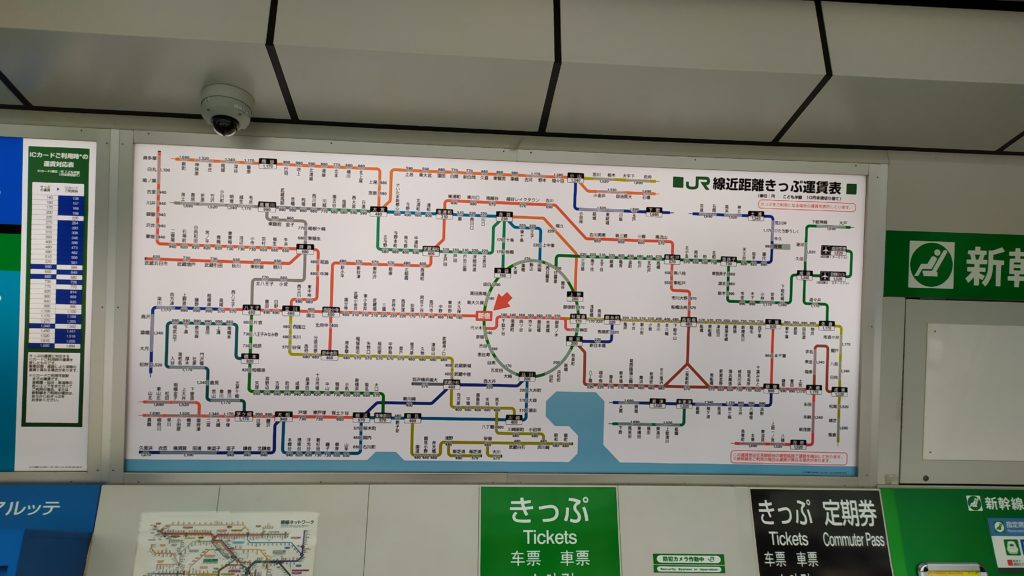
How much for…
Depending on the season, city, region and other variables, prices will change. However, here you have some guiding prices for some basic things in Japan. Consider them when setting your Japan travel budget!
IMPORTANT
I was in Japan just before the 2020 Coronavirus Pandemic, from mid-February until mid-March. Thus, all prices below are seasonal prices and not lower or higher because of the situation.
Visa
There are 68 countries whose nationals don’t need to pay for a travel visa to enter Japan for tourism (up to 90 days). Chances are that you won’t need to pay for a visa (US, Canada, most European, Australia, most South American countries), but this doesn’t mean that you can access to japan like that. While on your flight, you will be required to fill in a document where you will declare the purpose of your visit, your first accommodation (have something booked, you will need an address), and some other personal data.
Make sure you have a valid passport! If everyhting is alright, this should be a 0 €/$ area, unless you need to pay for a Visa.
Flights
The prices of flights will vary a lot depending on where you fly from, when you fly and when you buy your tickets. For example, I flew from Barcelona to Tokyo Narita via Paris, and I booked my flight around 6 months in advance for just 400€ the round trip. However, not everyone knows 6 months ahead when they will be travelling to Japan. Yet, if you want to make sure you are travelling somewhere, buy your ticket, and you will already have a commitment with yourself. I have found it to work surprisingly well in the past. In fact, I only missed one flight and it was due to the 2020 Covid Pandemic.
Unless you are flying from a remote area or directly from Asia, expect your flight expenses to be somewhere around 400-600€ in economic class (460-730$). Use Skyscanner and similar websites to make sure you are getting the lowest possible price. Especially during high season (Spring and Summer), prices can increase a lot, whereas it is common to see lower prices during Autumn and Winter. If money is not an issue, long haul flights like this one are easier to survive in business. Your choice!
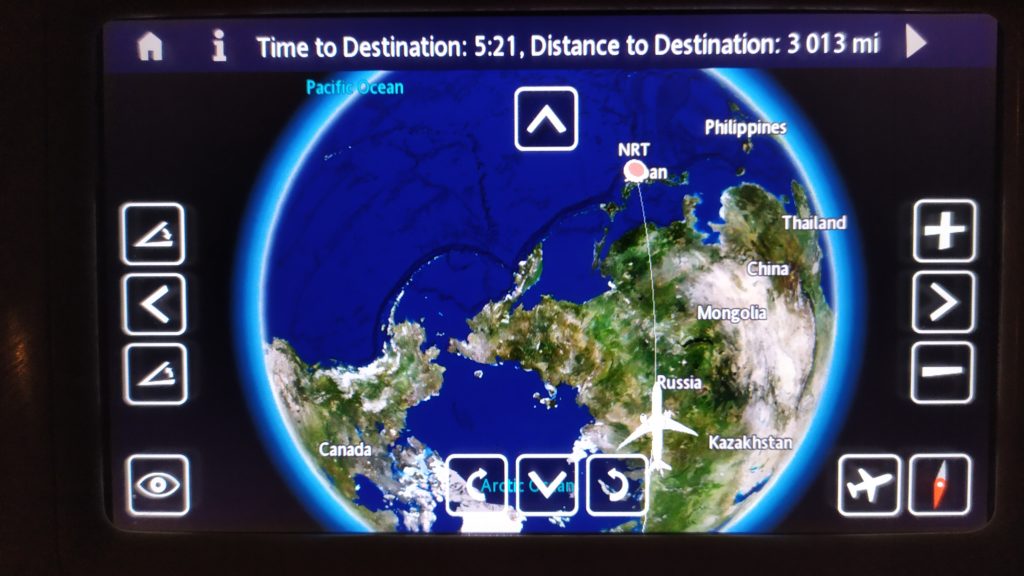
When is the best season to visit Japan?
Discover what makes each season unique and start planning your trip! Your trip starts here!
Accommodation
Accommodation in Japan is NOT expensive. There is this myth about Japan being so expensive, but it is actually quite easy to travel to Japan with a small budget. If you are looking to spend hundreds of euros/dollars on hotels, you won’t be deceived, but if you are like me, a backpacker or light traveller, don’t be scared. There are plenty of options for solo travellers, couples and groups.
Couchsurfing
Looking for a cheap way to travel and explore any countries culture? Couchsurfing is your solution. If you are not familiar with this term, Couchsurfing is an online community where people offer their couch for travellers to sleep. Thus, not only you get a bed/couch for free, but also to meet a real local, someone able to show you the authentic Japanese experience.
The only drawback for me is the lack of freedom. Staying at someone’s place implies that when they work you usually explore the city, and as a photographer on the road, it is sometimes challenging to make things work.
1 night of couchsurfing: FREE
Hostels
Hostels are something unique in Japan. Not only they are clean (really clean, sparkling), but they offer lots of privacy. There is a thin line between hostels and capsule hotels, as most hostels beds include a curtain or they are directly built like a beehive. I love the privacy and Japanese hostels not only allowed me to sleep for around 20€/25$ per night but also to have my own space, something difficult when backpacking.
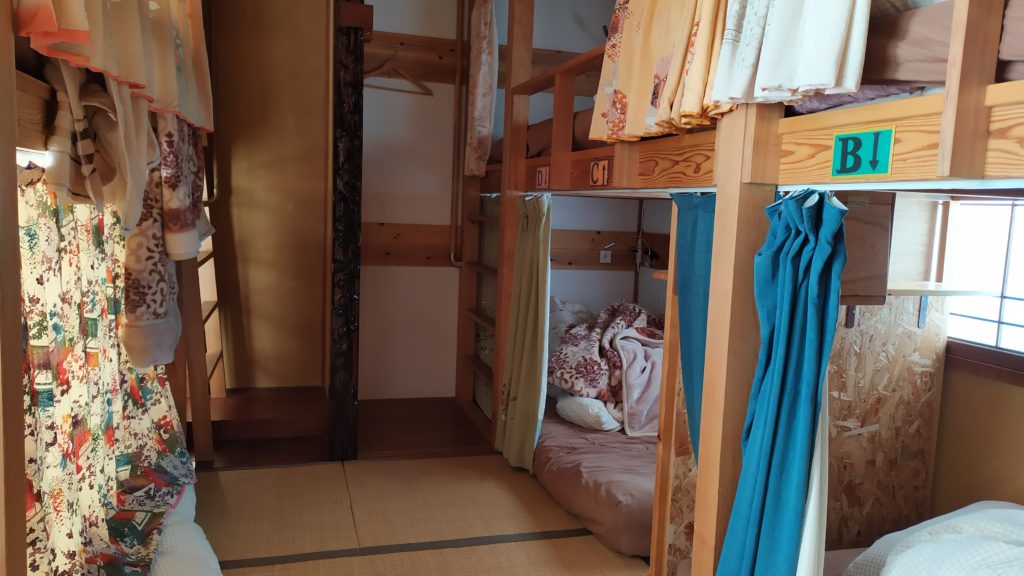
Prices will vary depending on the season. However, it should be easy to find good hostels for less than 30€/36$, and if you spend some time online, prices under 20€/25$ are common. When travelling low season it is possible to just book your cheap hostel rooms on the road. During Spring and Summer, though, it is recommended to book in advance, not only to get a place to sleep but also to get the best prices.
Another important variable is the location of the hostel. Like in many other places in the world, big cities can get very expensive. Yet, the same effect appears at remote locations. During my trip, I visited Koyasan, a small village in the mountains home of Japan’s largest cemetery. There is only one hostel, thus, prices are slightly higher.
Love taking photos?
Discover Japan’s oldest cemetery and the authentic rural experience in the Koyasan photography guide.
Use tools like Booking or HotelsCombined to find the best prices for your stay!
1 night at a Hostel shared room: 20-25€ / 25-30$
Hotels
Hotels in Japan can be classified in at least 3 categories: capsule hotels, business hotels and western hotels.
Capsule hotels are very similar to hostels but tend to have even more privacy and lack the social component. Despite I love travelling solo, capsule hotels were a bit too much for me, not for the small capsule, as most hostels have the same structure, but for the lack of social interaction. Prices range between 25-40€ /30-48$ per night (depending on availability, location and season).
Business or Japanese hotels are simple hotels that can be found everywhere in Japan. Don’t expect many amenities, but yes everything you need for a comfortable stay. Prices range between 30-80€ /36-100$ per night (double room), although it is possible to find cheaper options. I slept at one business hotel for just 20€/25$ night, booking 1h before arriving.
Western hotels are hotels built mostly for tourists and foreigners. Food, structure and amenities will resemble what you can expect of Europe or the US. I did not sleep in a western hostel, as I was looking for living the Japanese culture. Prices can go from 50€/60$-as-much-as-you-are-willing-to-pay/night.
1 night at a Hotel double room: 30-100€ / 36-120$
Ryokan
One of the experiences I knew I wanted to have in Japan was sleeping in a Ryokan, a traditional Japanese home. Prices tend to include food, although it is not a cheap experience. Prices range from 150-250€/180-300$night, although more expensive (and cheaper) options exist. However, there are other options, such as traditional hostels, where it is possible to have a similar experience for a regular hostel night price.
1 night at a Ryokan: 150-250€ /180-300$
Food
Eating in Japan is an amazing experience, one of those that you are willing to pay for. Surprisingly, it is not very expensive to eat in Japan compared to European countries. In fact, I found it to be cheaper, especially thanks to the convenience stores or Konbini, available everywhere. Japanese convenience stores are not like the ones in the US. The quality of the food is quite good, and the staff will be happy to warm your meal. Just remember that walking and eating in Japan is a big No-No.
A meal at a Konbini can be as cheap as 600-1000 yen (6-10€/7-12$). However, don’t underestimate Japanese restaurants. For similar prices, it is possible to have a full meal, high-quality food at any city. 1000 yen per meal is a very realistic budget, and it is possible to eat real Japanese food for less than that. Some really good restaurants are not in google maps, so why not opening a door and trying something that looks tasty?
There are a few foods that might increase your expense: sushi, Kobe beef and alcohol. A good sushi experience at a local restaurant can cost around 1500-3000 yen (12-25€/15-30$), and real Kobe beef will make your wallet cry. Alcohol is expensive compared to other drinks. It can be quite affordable at Konbinis but given that most restaurants give you free tap water if you want to save money, reduce your alcohol intake.
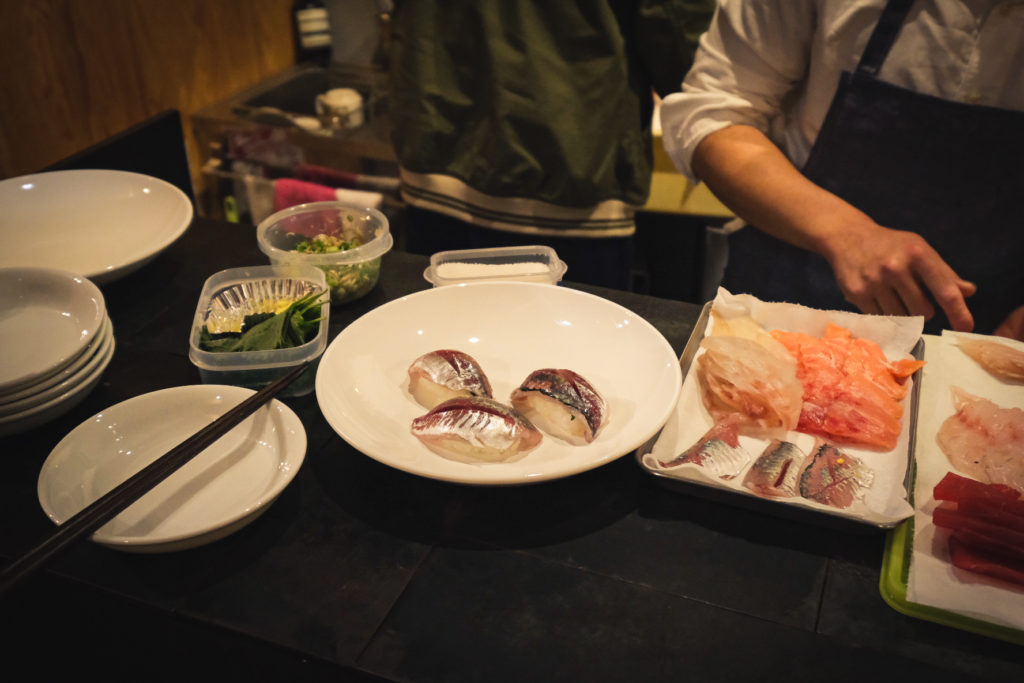
Transportation
Transportation in Japan is expensive. Together with flights, transportation made almost half of my travel budget when visiting Japan. Your expenses in transportation will mainly depend on the cities you visit. Japan is a very well-connected country, and by train, it is possible to reach every major tourist destination.
The best way to travel across Japan is the Japan Rail Pass (JR Pass), a ticket that will allow you to take (almost) every train, including the shinkansen (bullet train) for 7, 14 or 21 days. This is not a cheap ticket, although it is usually cheaper than if you buy the tickets one by one, and more convenient. Just show it at the entrance of any station, and you are free to go. Prices for the JR pass are 29,650 yen (235€/290$) for 1 week, 47,250 yen (375€/455$) for 2 weeks, and 60,450 yen (480€/580$) for 3 weeks. There is also the possibility to acquire the green (first-class) version.
Deciding if the JR pass is for you will depend on the time you spend in Japan, and most importantly how frequently you will be changing location within the country. If you spend 7 days in Japan and only stay in Tokyo, it is not worth taking it. Moreover, there are region-specific tickets and passes, so do your research before impulsively buying a JR Pass. To check the prices or a single train ticket, the best site is Hyperdia.com. Getting a JR Pass is usually an optimal solution, but always consider your route and specific needs! What worked for me might not work for you!
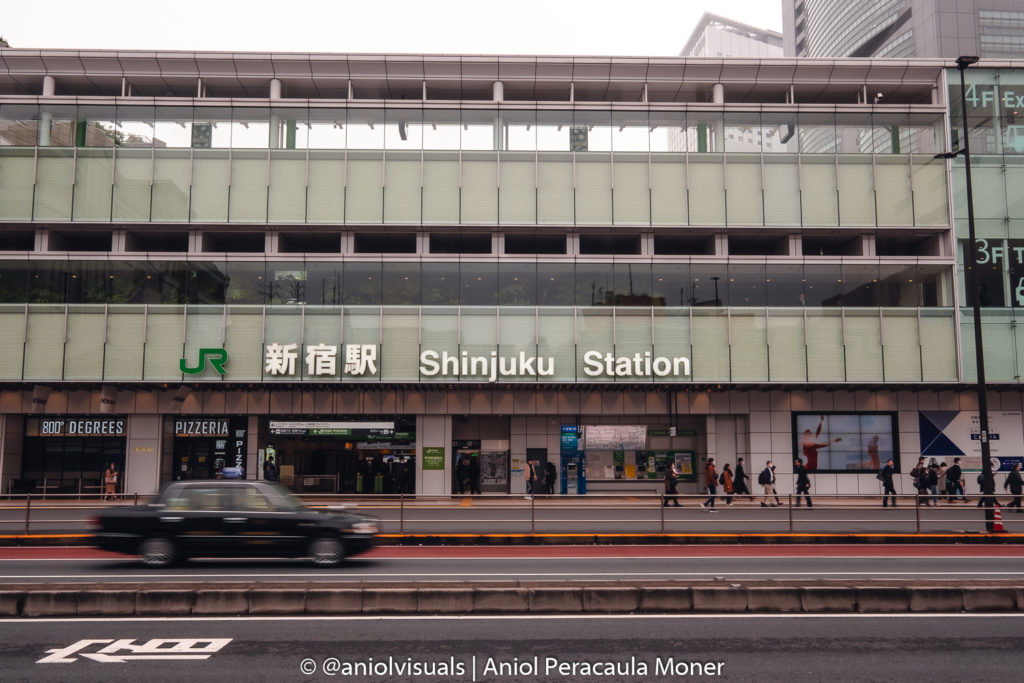
Another expense that has to be taken into account are Metro tickets. If you don’t like walking, Japan might not be your ideal destination, because I averaged 25km per day walking without doing anything special. Some cities, like Tokyo or Osaka, have their own metro systems not included in the JR Pass ticket, with relatively affordable one-day tickets. In a budget? Don’t even consider taxis.
Not into trains? This shouldn’t be a problem. One of the most affordable ways to travel through Japan is by night buses. Not only they are cheap, but also will save you a night of accommodation! A night bus from Tokyo to Osaka will cost you around 4,000 yen (30€/40$), for a 500km route (around 310 miles). Not bad, right? One of the best ways to travel across Japan with a small budget!
Tickets and entertainment
This section is the most flexible one together with souvenirs. There are lots of free things to do in Japan. Temples, viewpoints and museums are the most common cultural activities to do in Japan. However, there are one in a lifetime experiences that also fall into this section. Renting a kimono? Going to a sumo match? Doing a samurai class? Prices vary a lot, and so do the quality of the experiences. Consider them when setting your budget to travel to Japan.
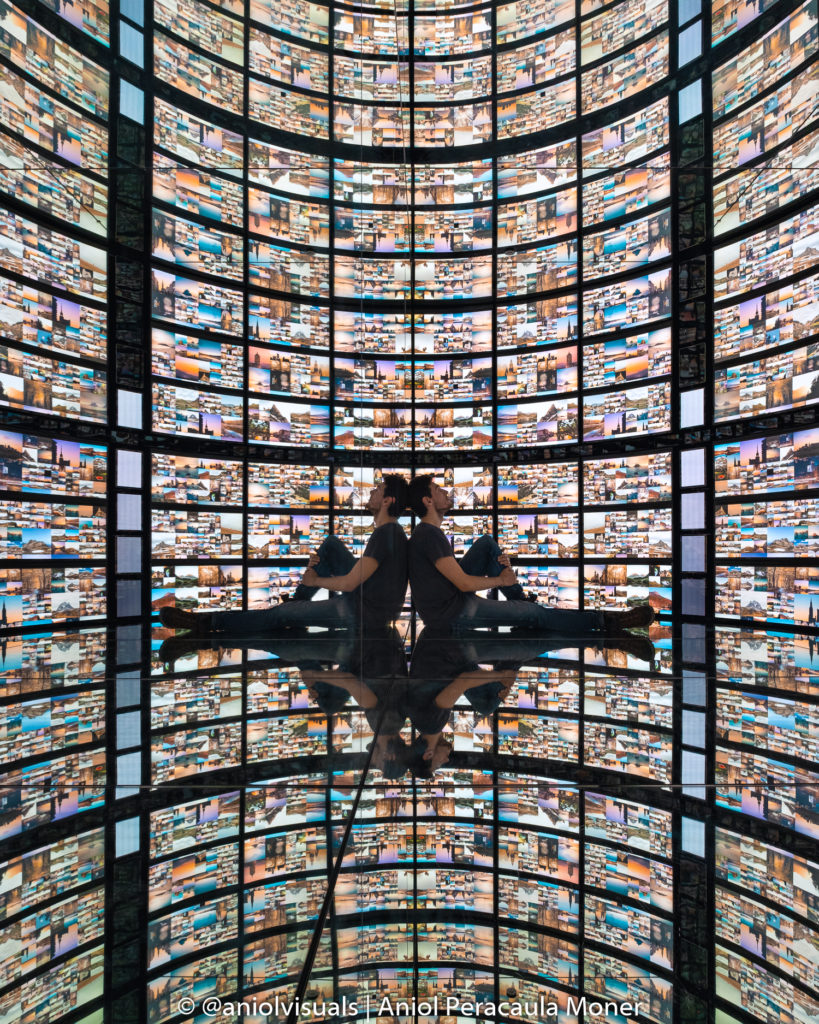
There are plenty of free temples and viewpoints. Due to the cultural differences just by walking on the streets, you get to see new and unusual things every few meters.
Viewpoints are expensive. Check the free options, they are worth it, with some amazing views of Tokyo! Otherwise, you can pay up to 3,100 yen (25€/30$) for climbing to the top of the Tokyo Skytree. At least do it on a sunny and clear day!
Most major temples are free. Some temples in Kyoto or remote places like Koyasan will charge you to visit it, something between 300-1,000 yen (2.5-8€/3-10$). Other temples offer a free visit to the gardens or reduced price for students, so make sure to bring your card with yourself!
Museums tend to be expensive as well, and some of them require booking tickets in advance. Make a list of the museums you are interested in, and look up the prices. Just like with temples, have youth cards or student cards available, you might get a discount. I am not much of a museum guy, but I had some nice experiences, especially on rainy days.
Souvenirs
Japan, the land of kimonos, anime, manga and many other expensive treats. There are two things to consider when buying souvenirs. Set a budget, and make sure you can close your suitcase or backpack. There are lots of possible souvenirs, and it can make your Japan travel budget increase A LOT. I spent around 200€ on souvenirs, only because I had some specific requests from friends and family. Oh, and I spent 50€/60$ on KitKat, zero regrets.
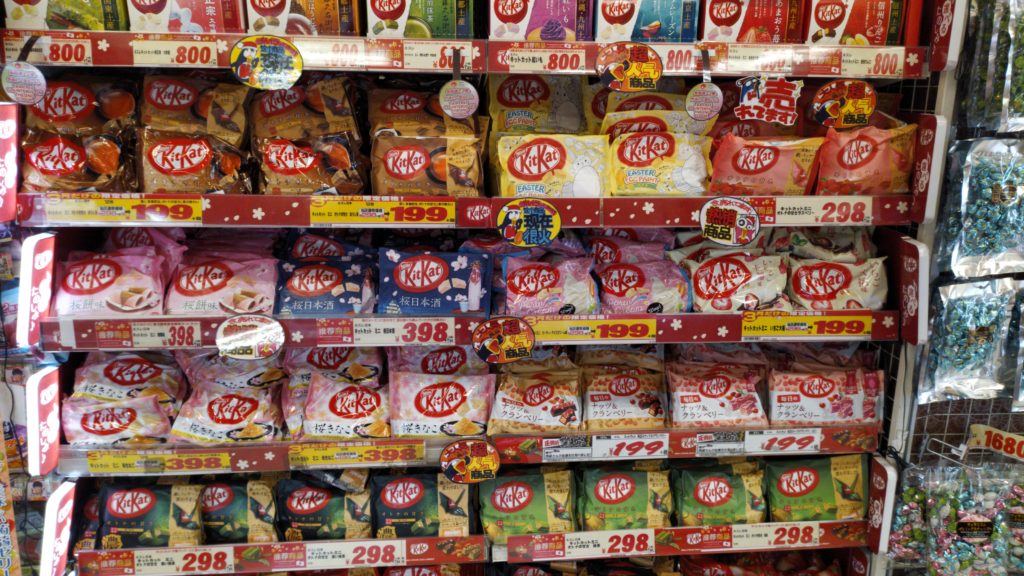
There are plenty of good souvenirs shops all around the country. Prices will vary depending on the city. However, remember that you have to carry what you buy, so it is a good idea to wait for the last days of your trip to buy souvenirs unless you have a fixed base in Japan.
Summary: what was my budget?
There are some fixed expenses like flights that will be there, no matter how long you stay in Japan. However, accommodation and food are the two areas where you can save more money, and still have an authentic Japanese experience. It is worth spending a bit of money on temples and entertainment, after all, this is why you are travelling to Japan.
I devoted a full article on my travel budget for a 1 month trip to Japan, detailing my expenses for each area. A trip to Japan can be as “cheap” as 1500€/1800$ for 2 weeks, flights included, or you can easily spend this in just one-way flights.
1 month in Japan travel budget
All my expenses for 27 days in Japan. It is cheaper than you imagine! Check it here!
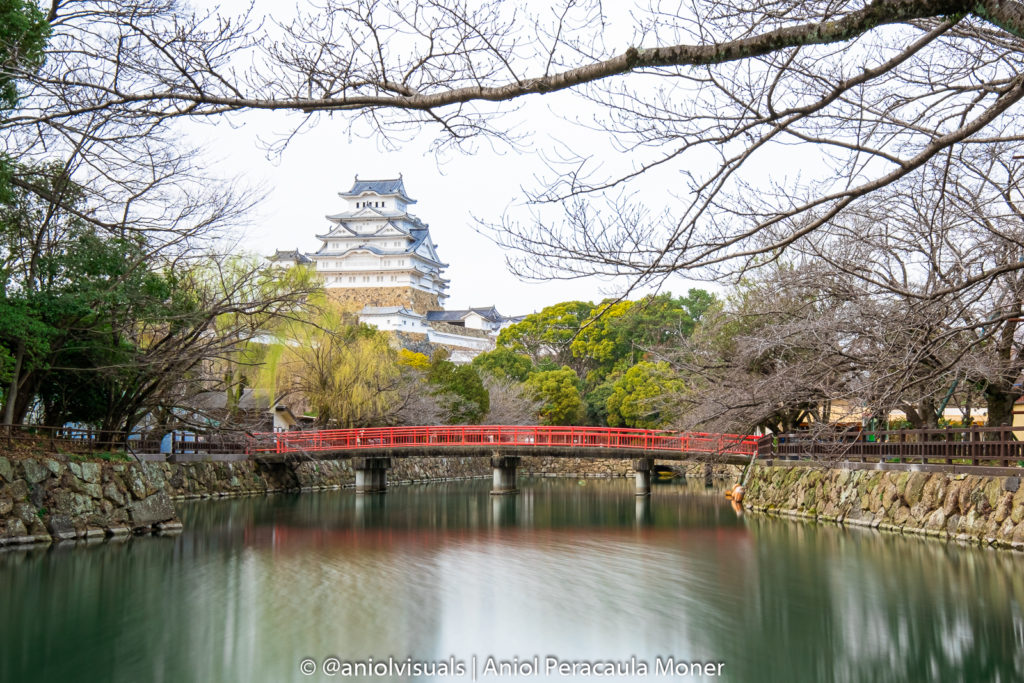
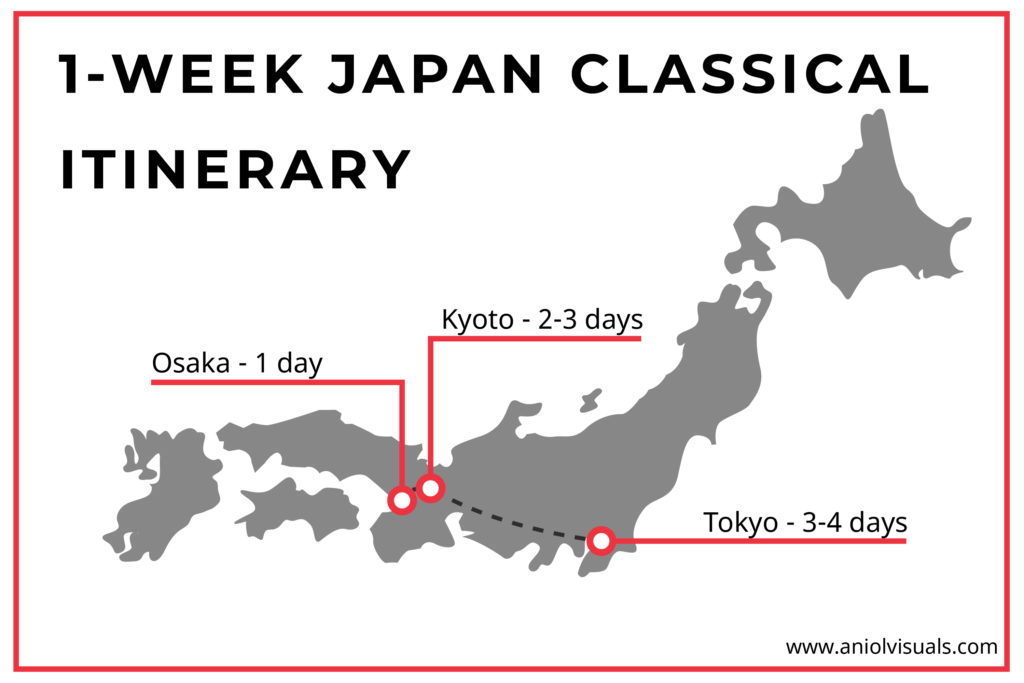
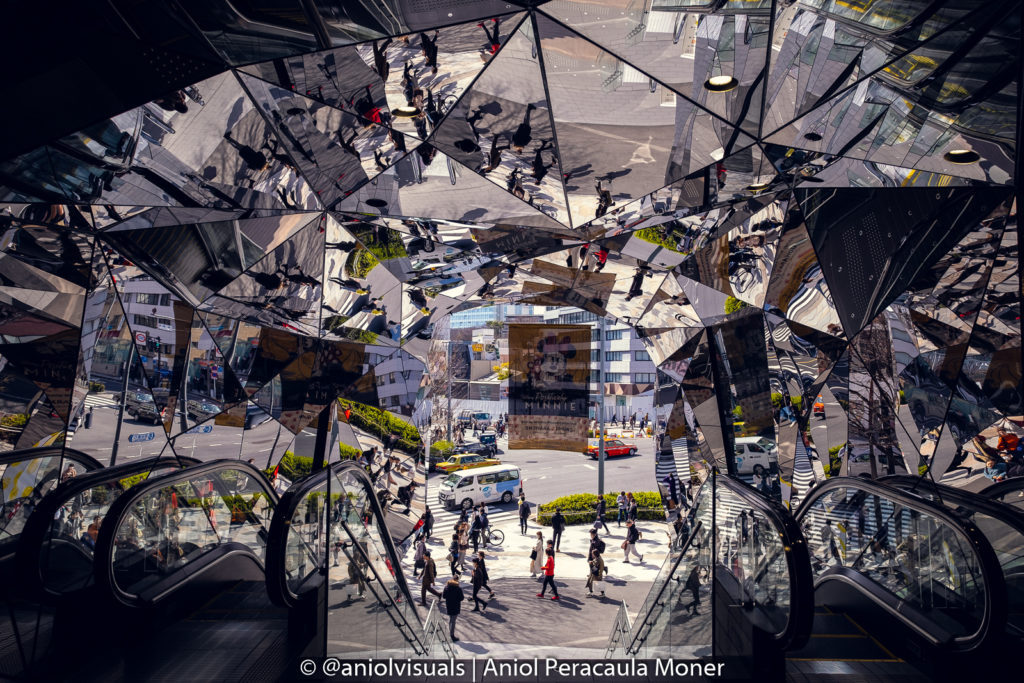
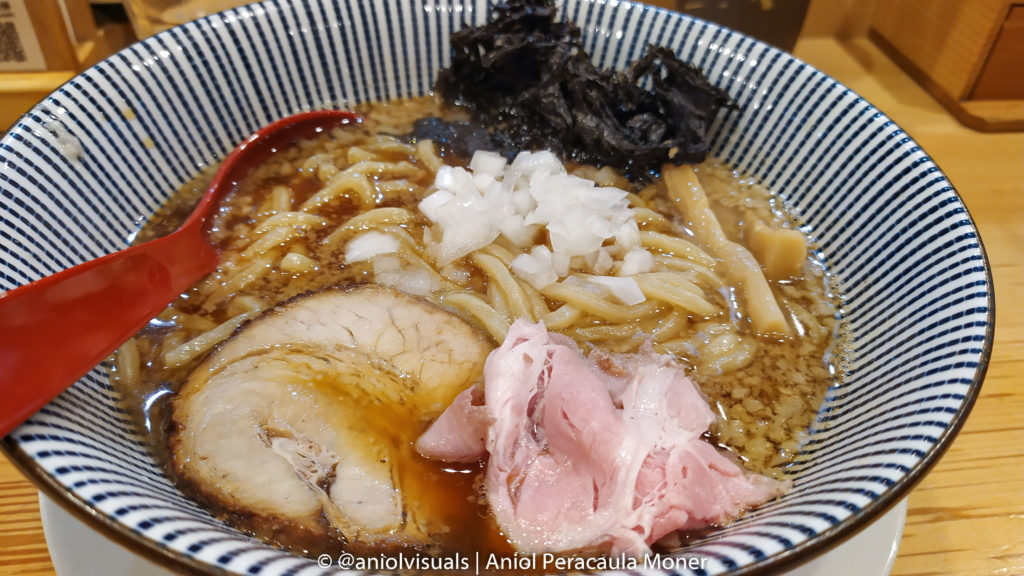
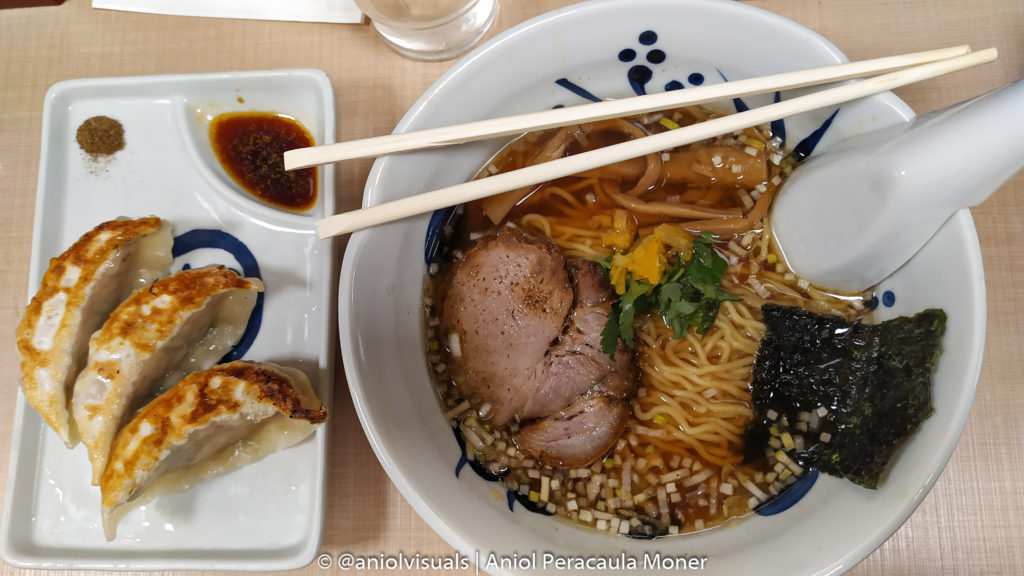
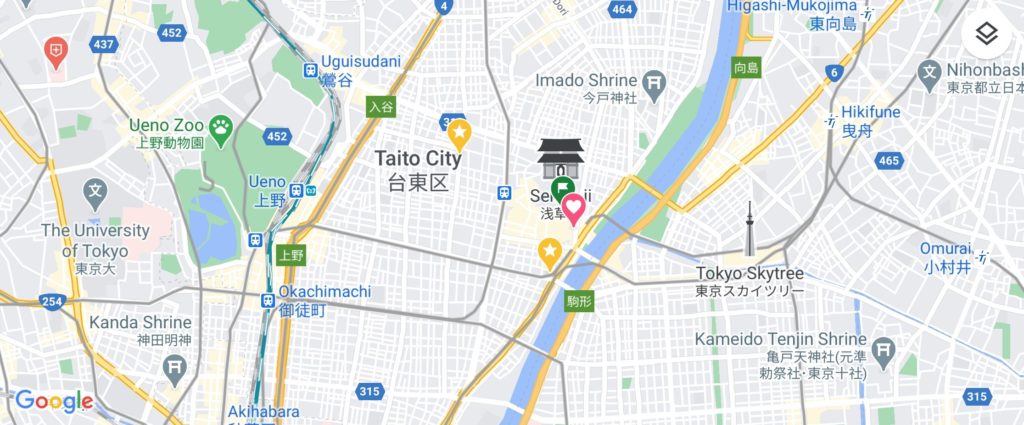
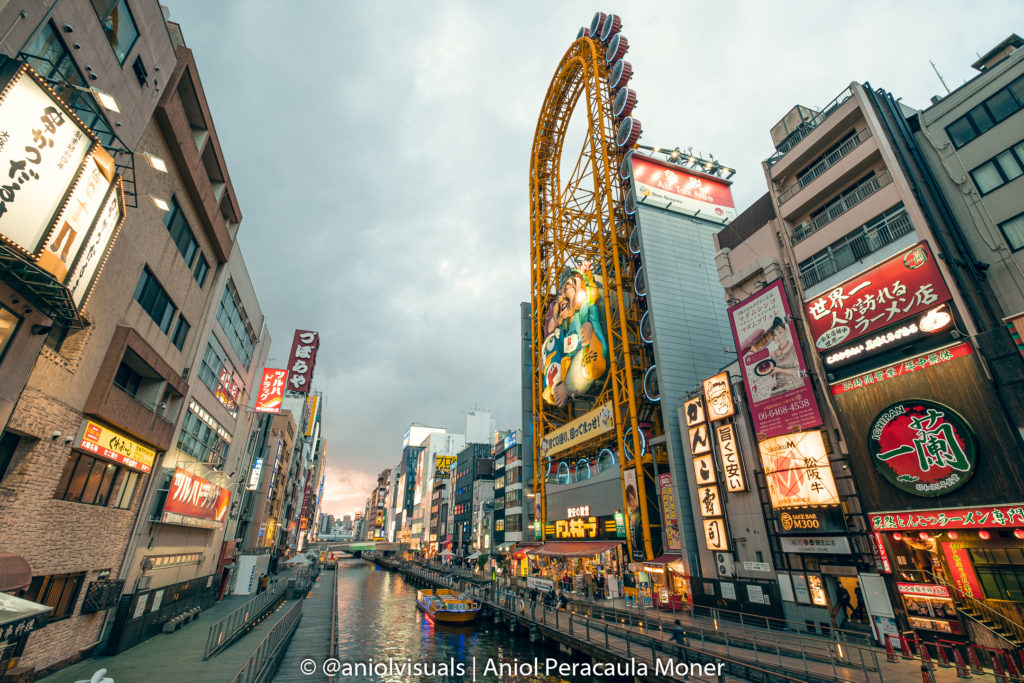
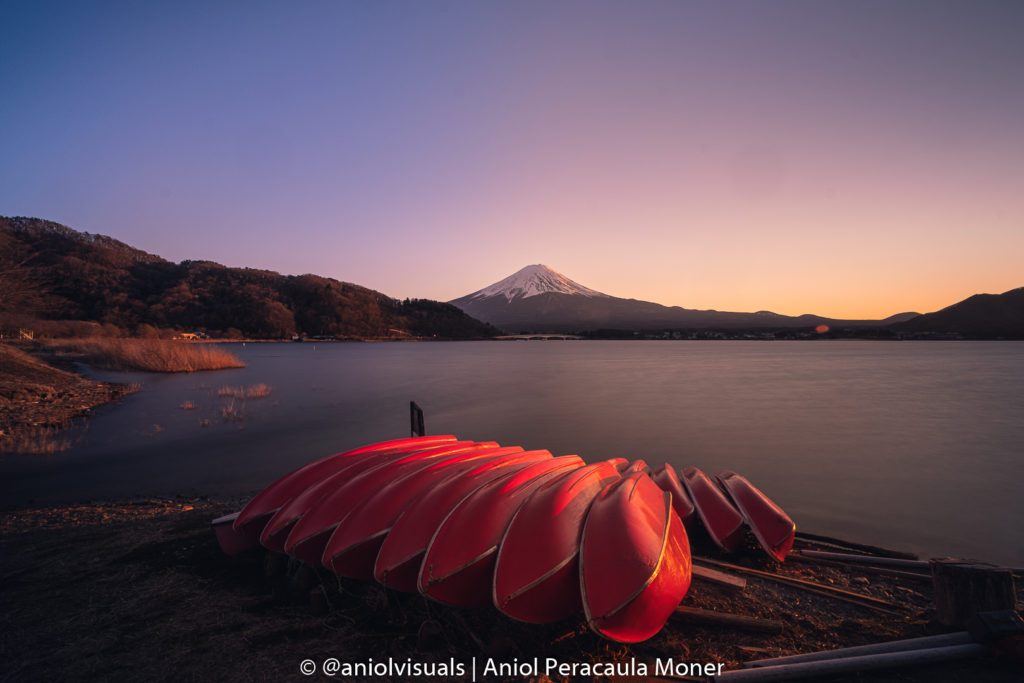
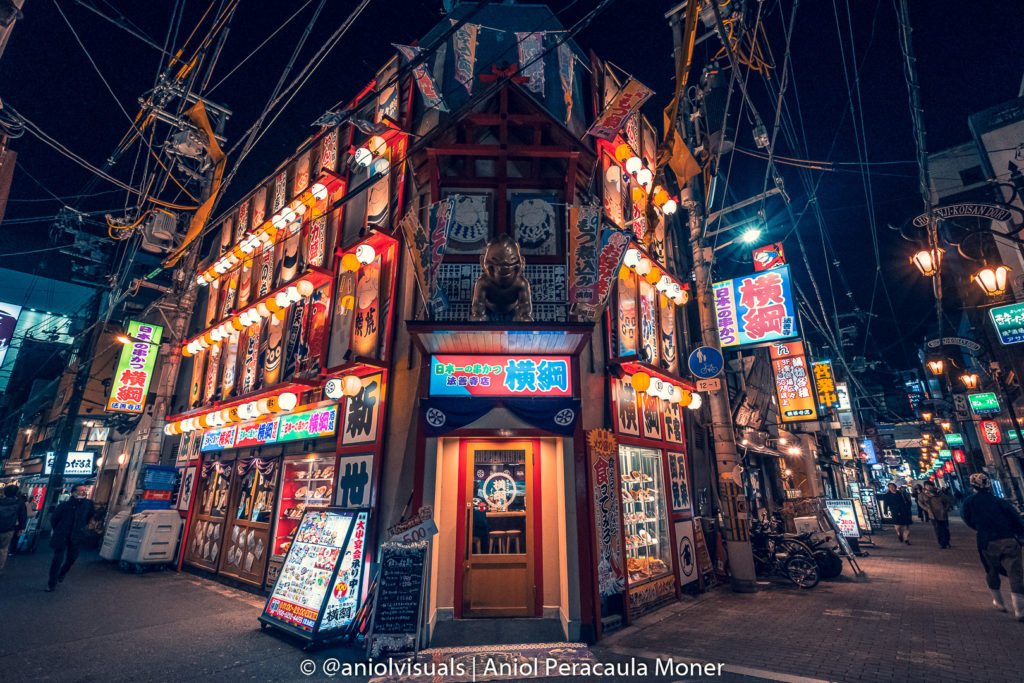
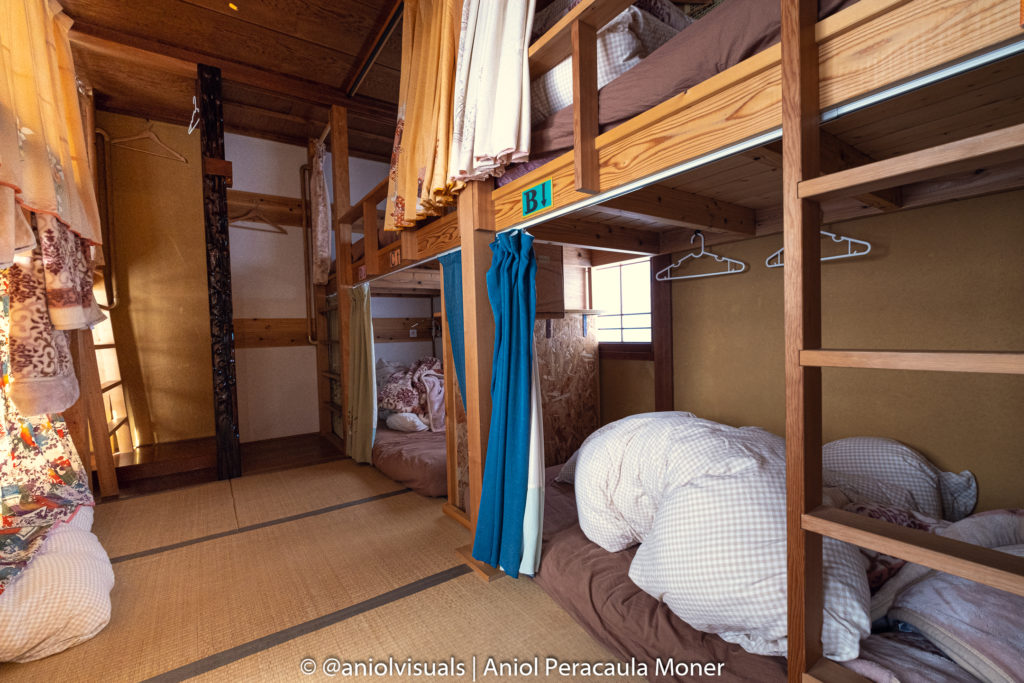
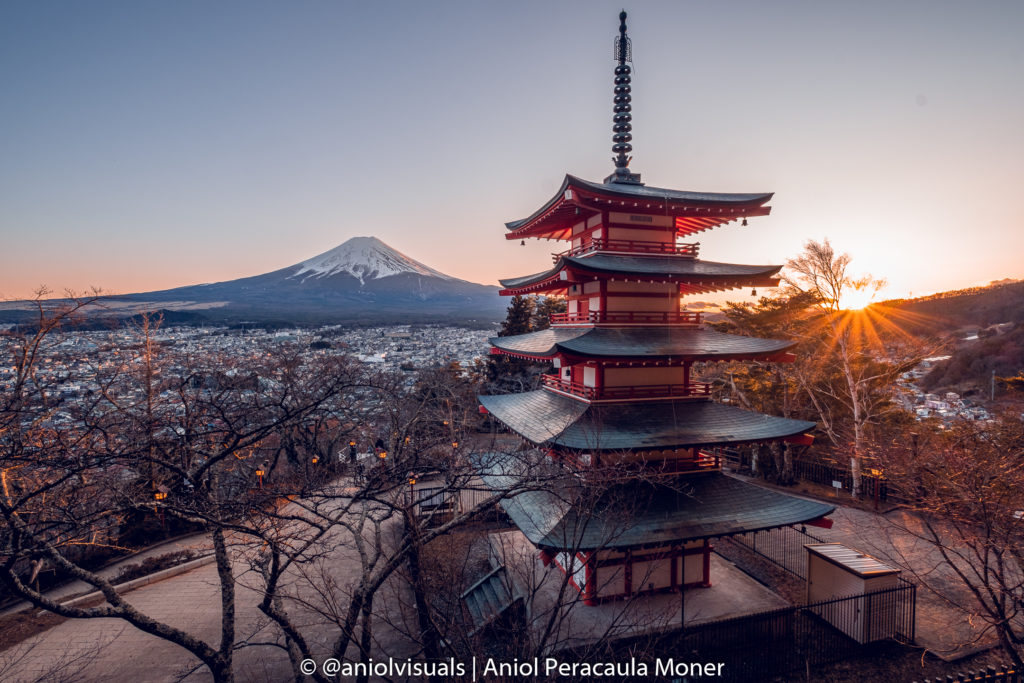
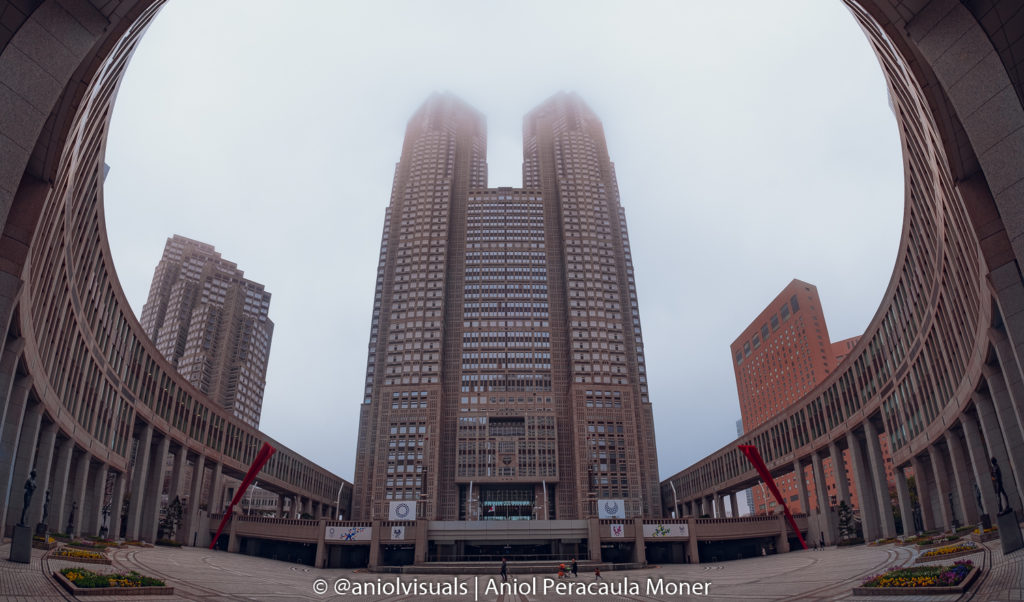
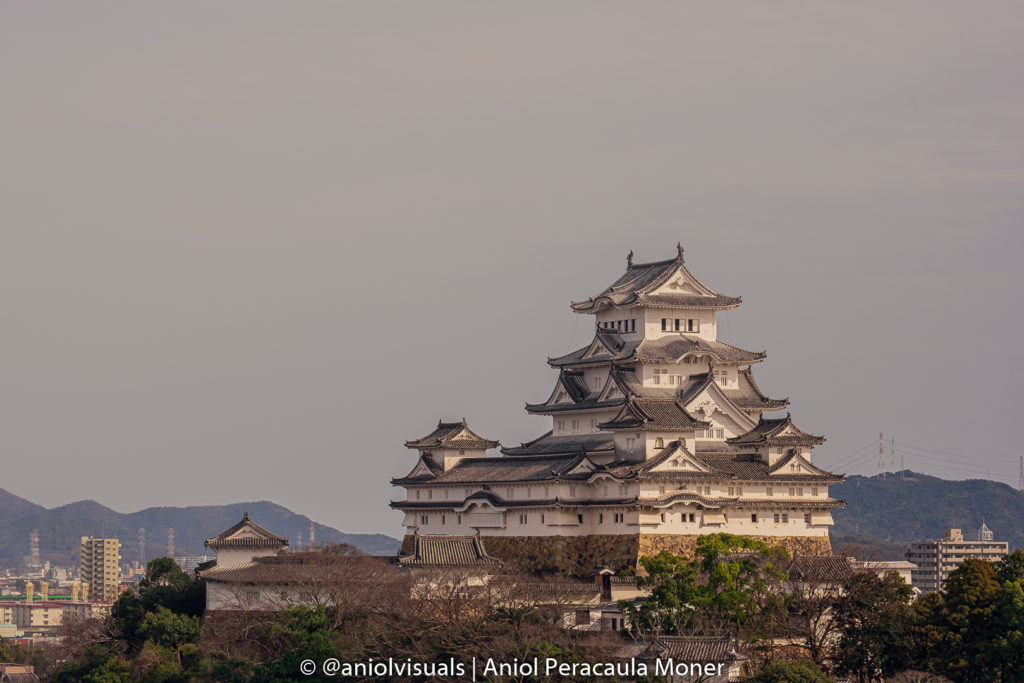
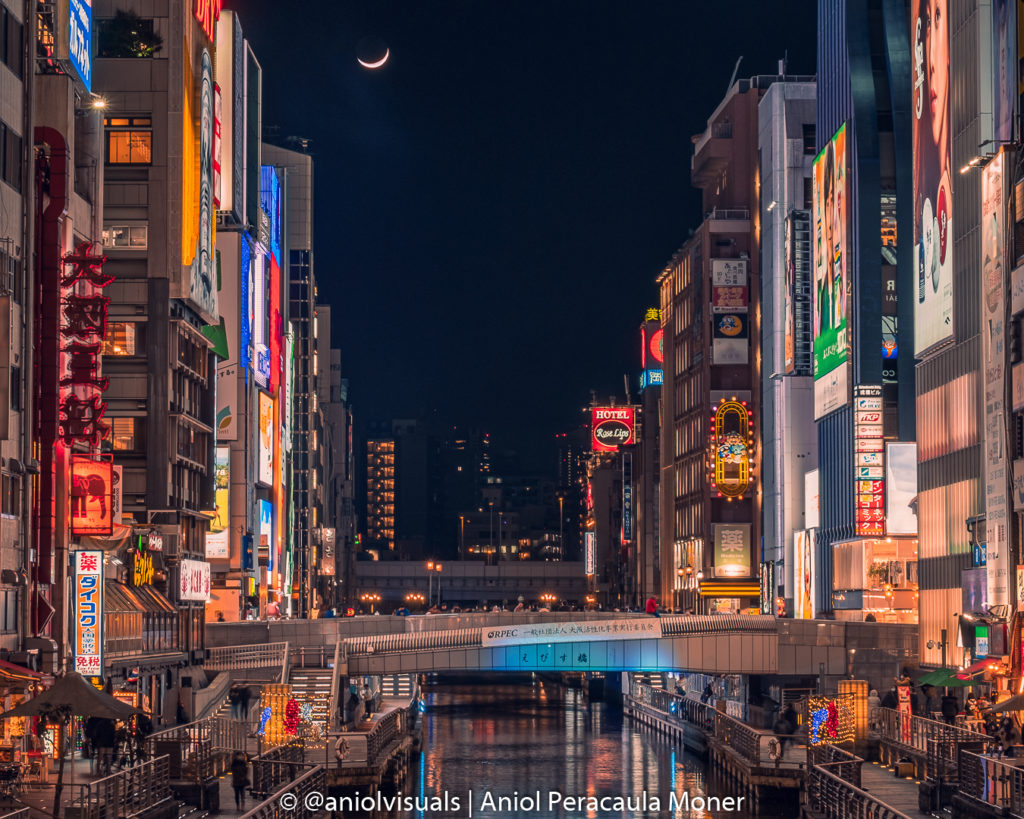
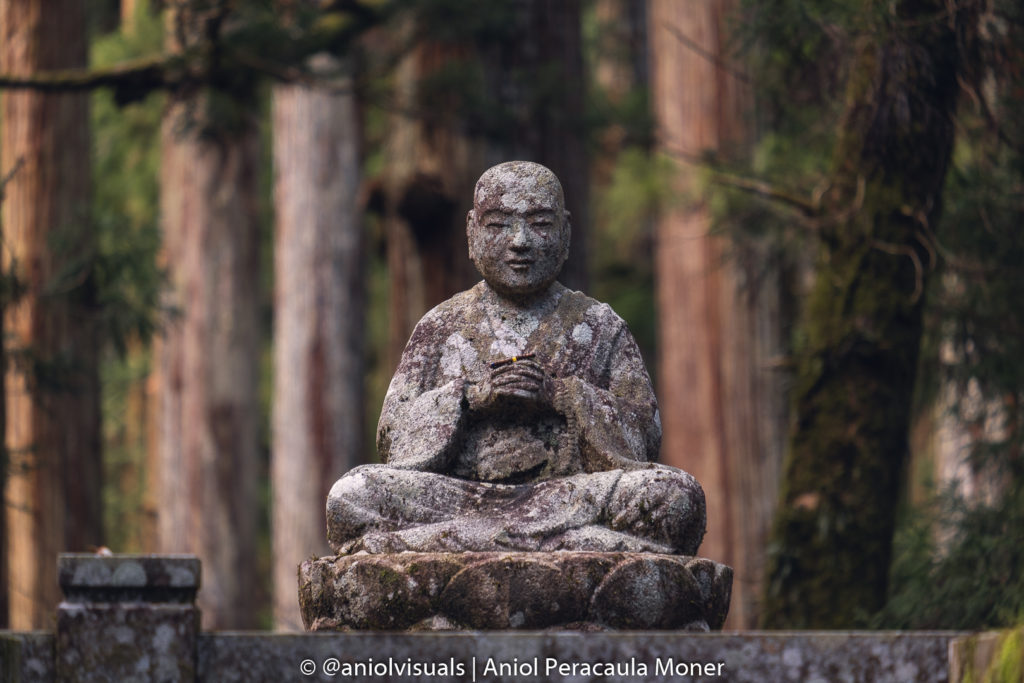
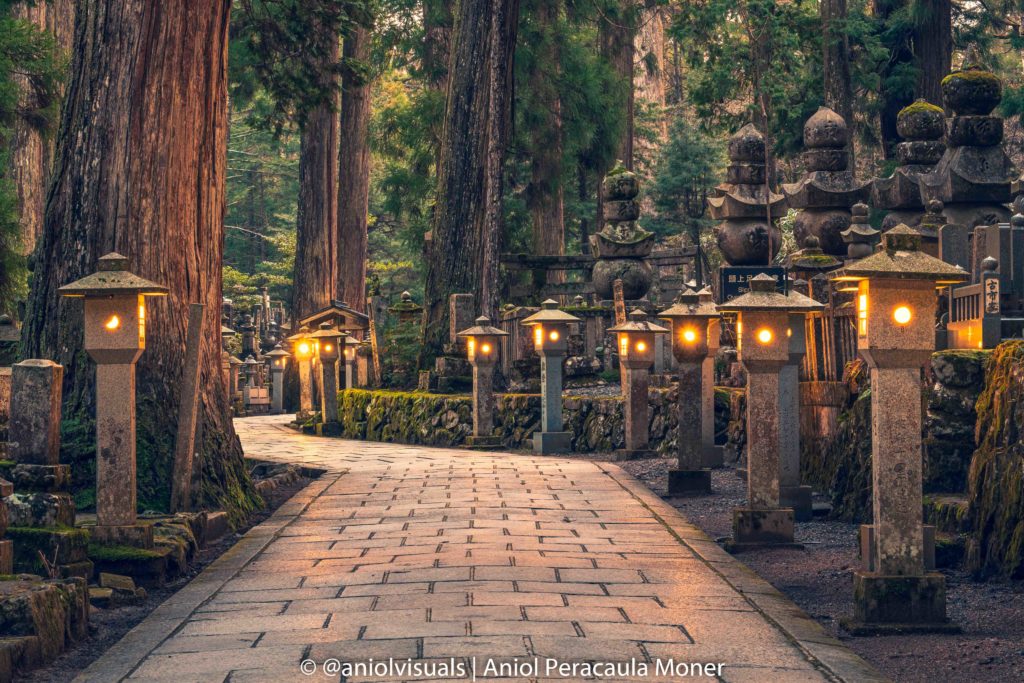
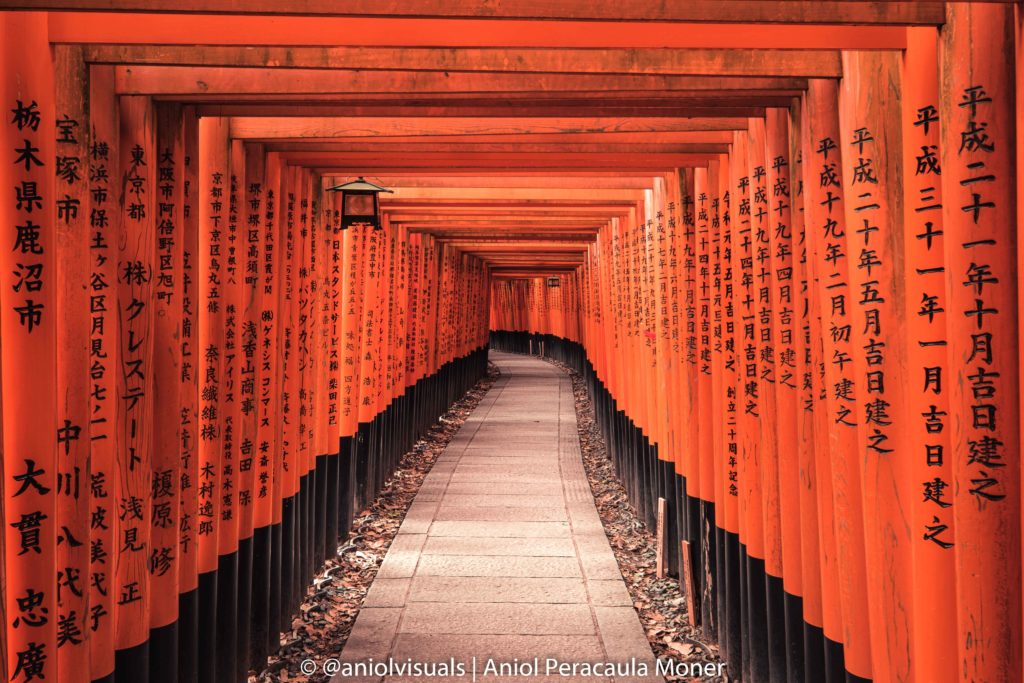
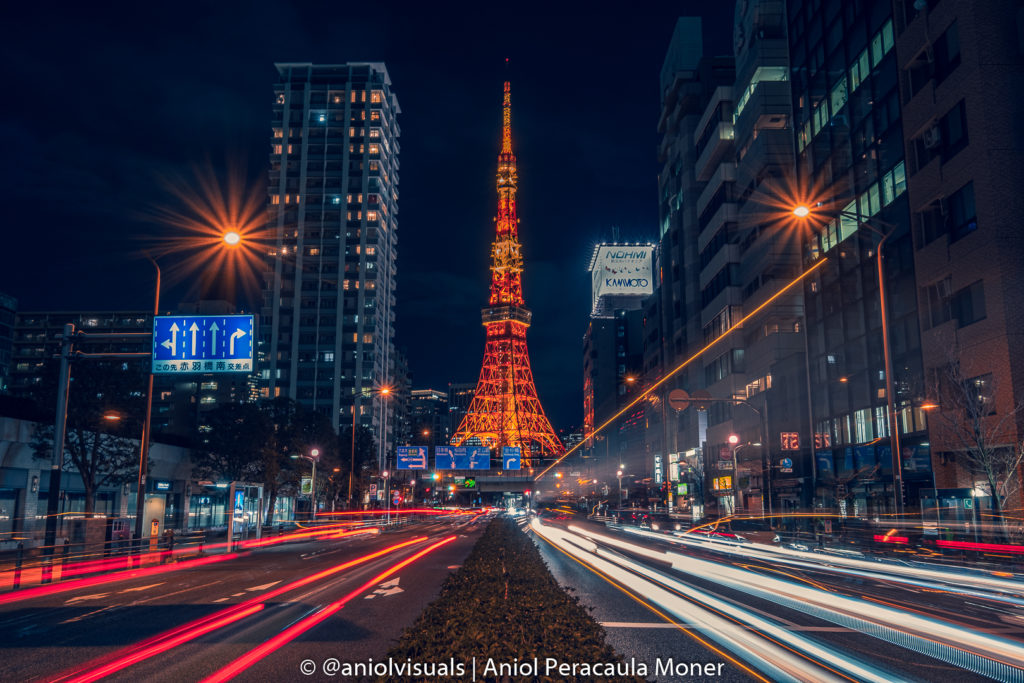
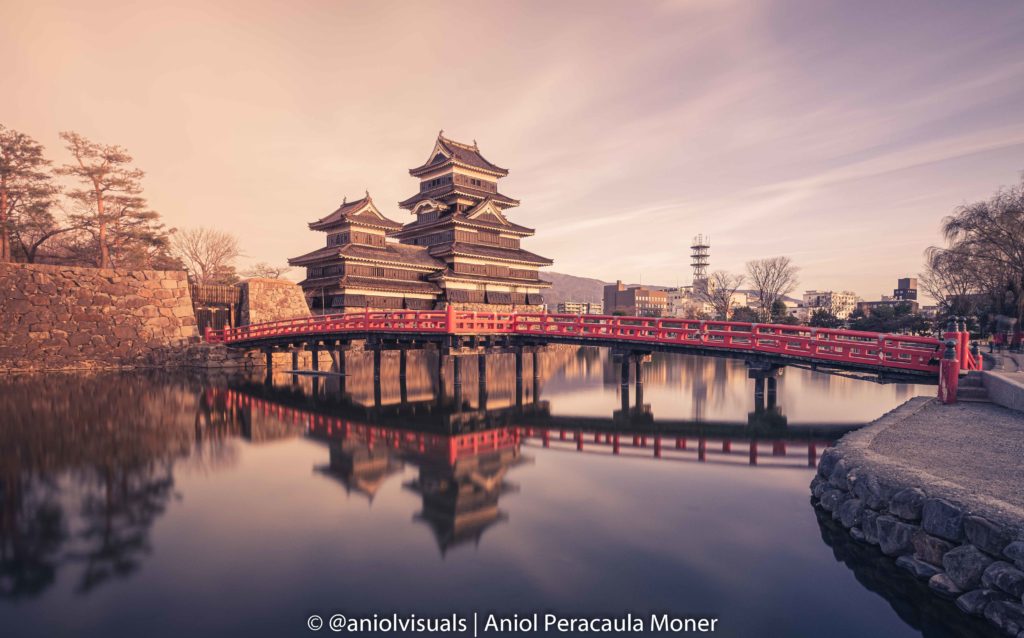
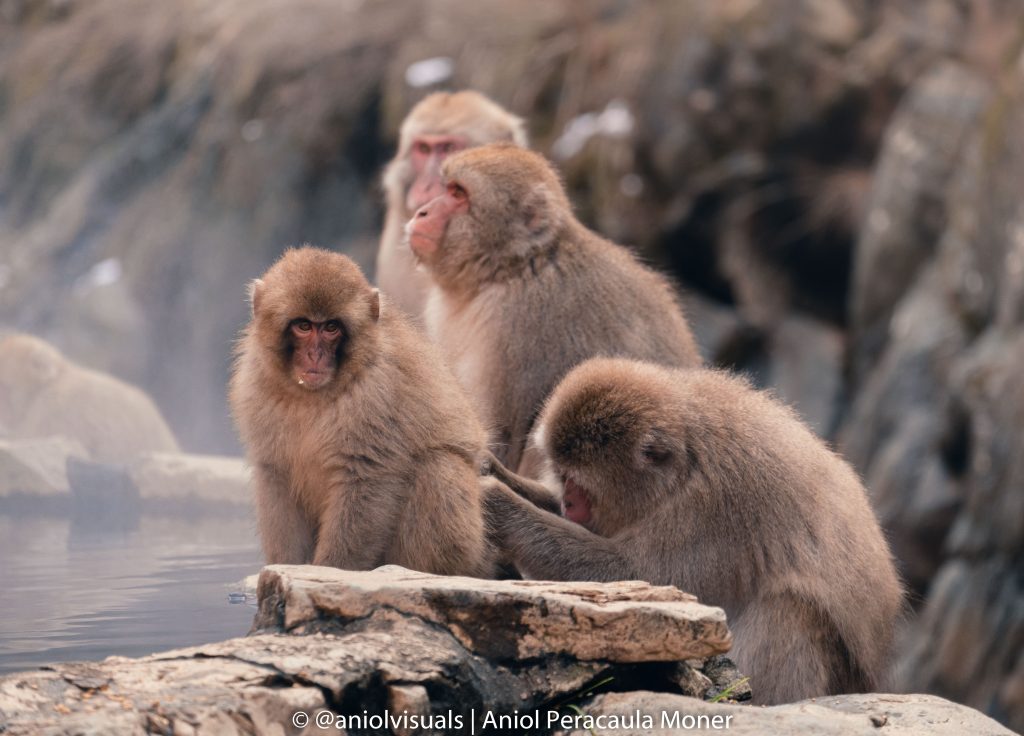
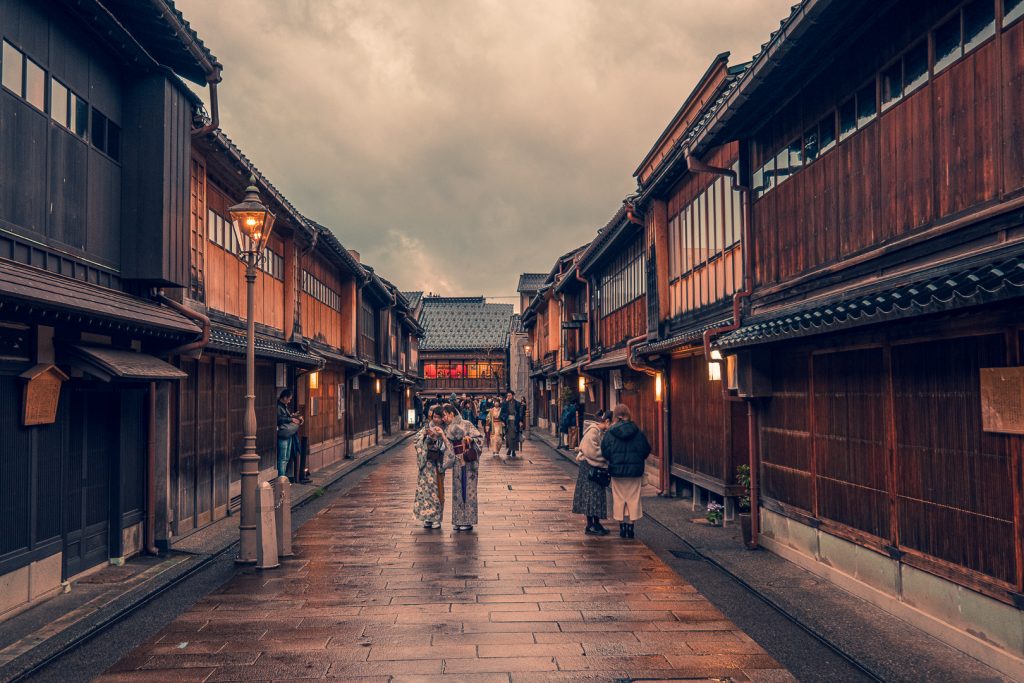
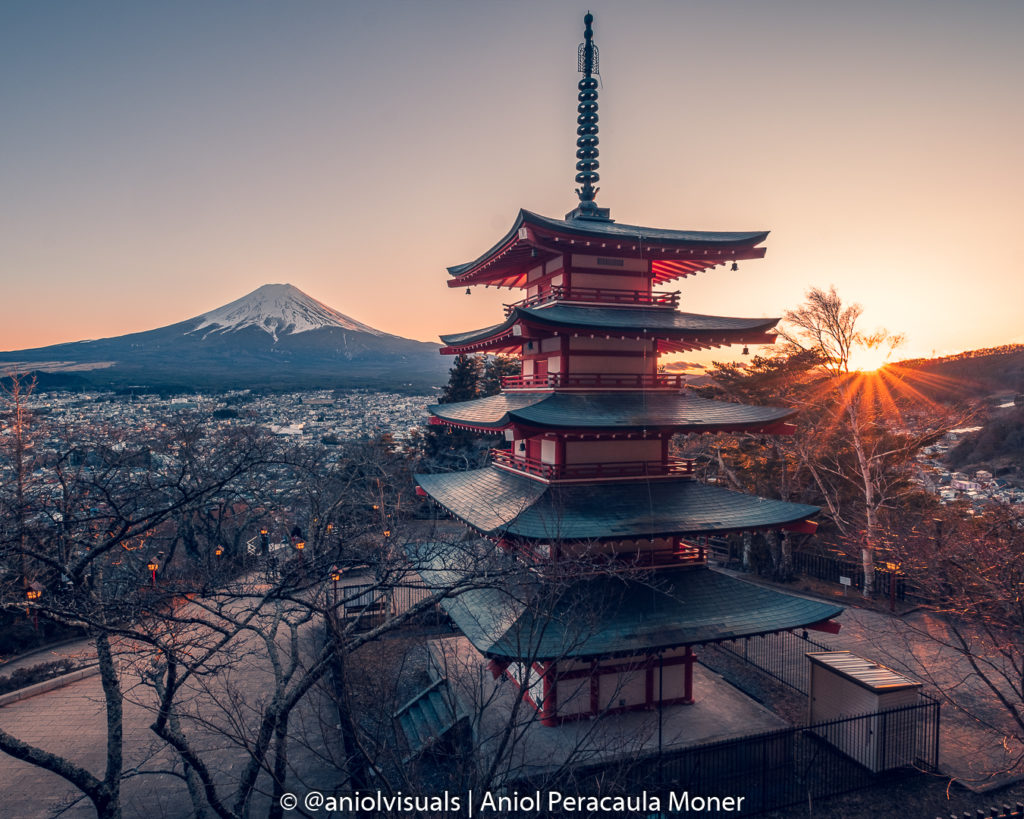
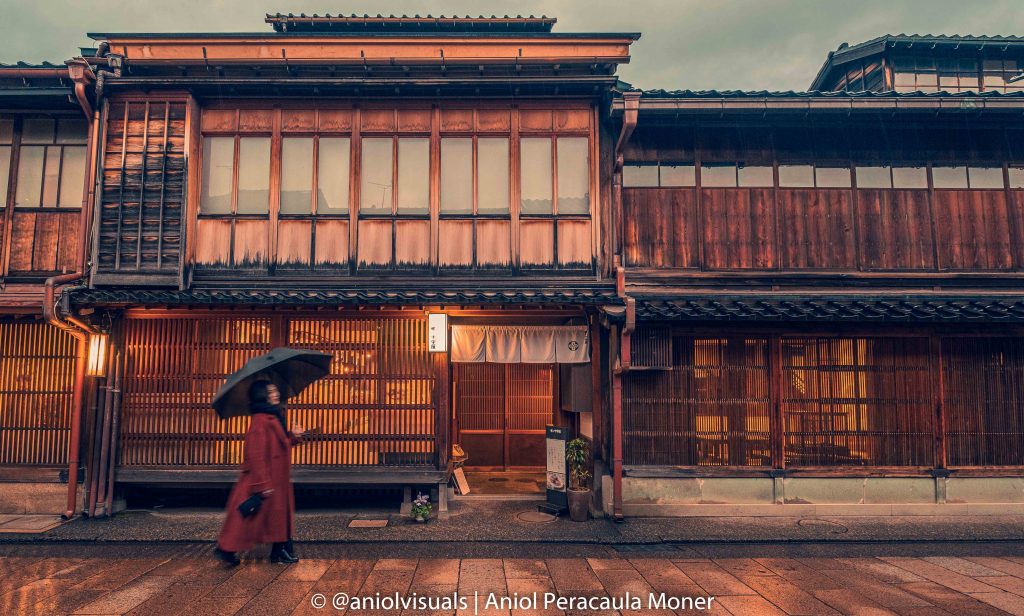
Pingback: How much does it cost to travel 1 month to Japan? Find it here!
Pingback: 25 fun facts about Japan that you should know - AniolVisuals